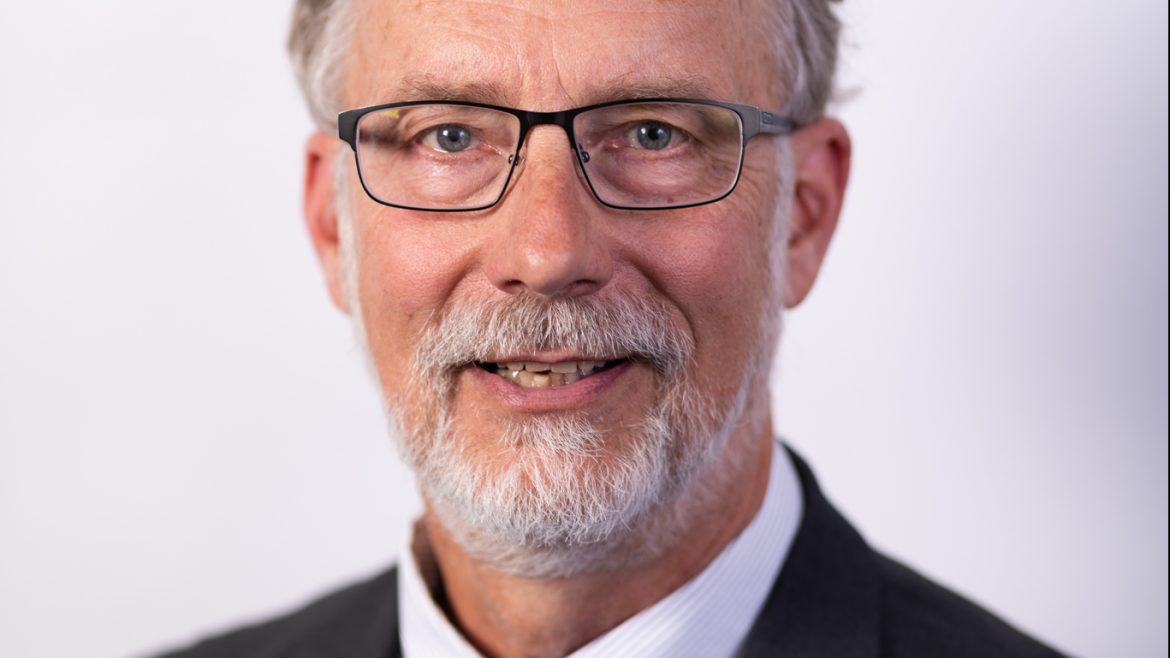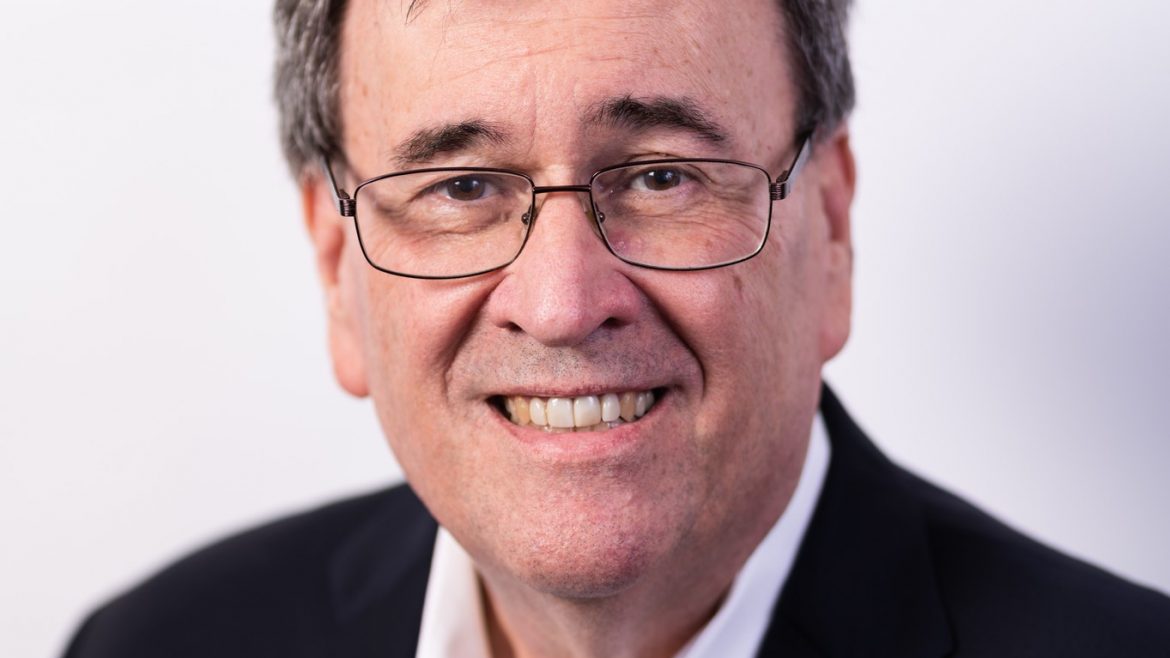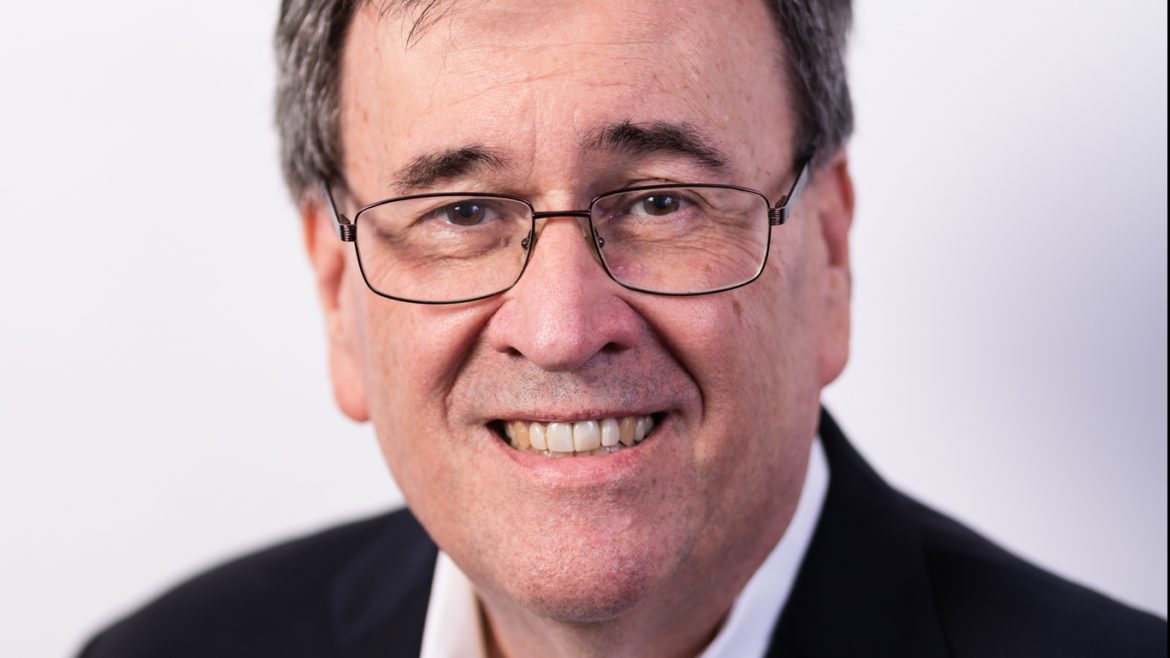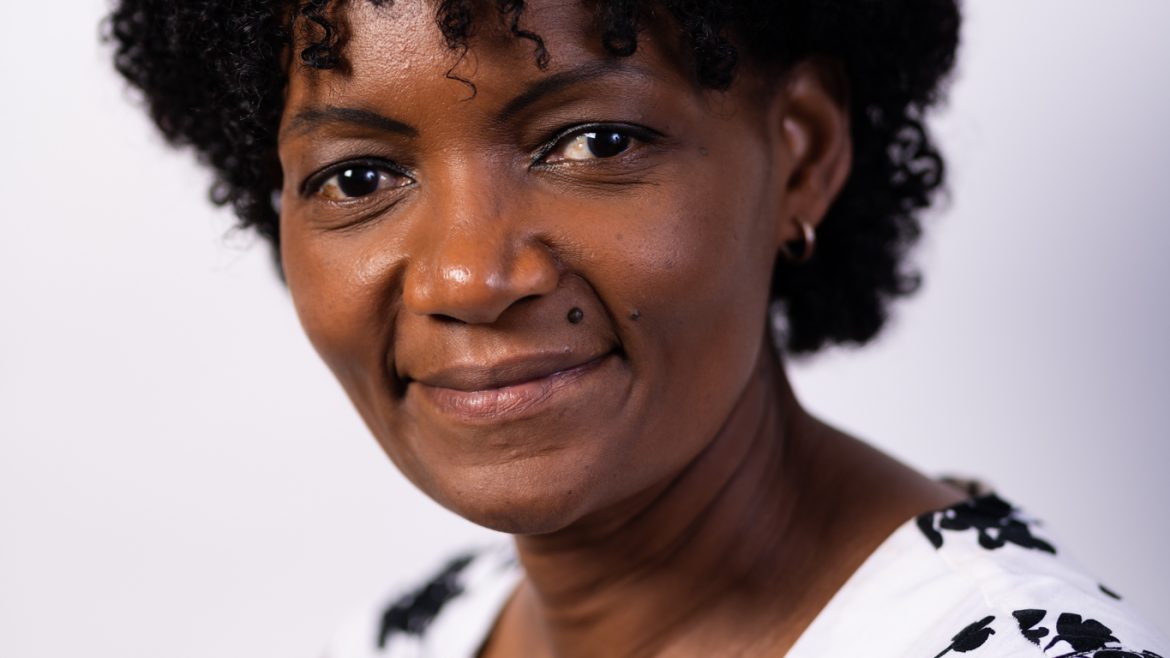Dear Vincentian Friends,
For the past four and a half years, I have been privileged to serve as your National Council president. Now the process for identifying the candidates to be your next president begins. You will find the details of that process provided in next week’s edition of the e-Gazette. I have a year and a half left to continue in my leadership role. During that time, I plan to focus on advancing our Strategic Plan and strengthening the capacity of our network of charity to serve our neighbors in need.
An important element of a strong organization is a careful transition of leadership. The process for selecting the next president is established by National Council Resolution 131. The National Council Board has approved a committee chaired by Raymond Sickinger to oversee the process. Other trusted Vincentian members of the committee are Sr. Kieran Kneaves, Michael Syslo, Marie Wicks, and Gladys Hoerner, with David Barringer and me included as non-voting members. Please pray for the guidance of the Holy Spirit to be with us throughout the process.
If you or someone you know is interested in being nominated for the position of president, please carefully read the documents provided. I encourage any Vincentian considering this service to then have a conversation with me, Dave Barringer, or past National Council President Sheila Gilbert. This is a servant leader position that is complicated and time-consuming but also richly rewarding.
Four and a half years have passed quickly, and we still have some important work to do together. It has been a challenge to navigate the changing environment, but thanks to the work of the National Council’s board, committees, and staff, we have adapted to the restrictions of the past few years and have created many resources to advance the mission of our Society. I hope all members of our National Council leadership find ways to share these tools, which were highlighted at our recent Midyear Meeting in St. Louis. These presentations were recorded and can be accessed by clicking here.
To meet the challenges of the future, we must return to the basics of our organization. Belonging to our Society is a vocation. Right now, we must actively invite others to join us, but we must be certain that we are living the vocation we wish to pass on.
We need to be meeting in person to maintain our spiritual grounding and the friendships that bind us together. If caution has prevented us from visiting our neighbors in their homes, we need to return to that practice whenever possible. Sending a check to a landlord after having a phone call with the neighbor in need cannot replace our Home Visit. Helping a family with groceries should be more personally engaging than putting a bag in the trunk of their car. The Vincentian vocation is to develop personal relationships with those we are privileged to serve.
I hope each of you commits to renewing our Society to build a network with increased capacity to serve those in need. That is what I will be focusing on in the months ahead, and I will be looking for Society leadership at every level to join me in that endeavor.
Developing dedicated and trained leadership is crucially important at all levels of our organization, not just the National Council. I encourage each of you to discern how you might be called to a servant leadership role. To ensure our Society will remain viable, we especially need to encourage greater diversity among those who serve as officers at every level of the organization. The National Council presidents and National Council Board members of the future need to be called and encouraged to become presidents of our Conferences and Councils this year.
Let us pray to the Holy Spirit to aid us in finding the servant leaders that Blessed Frederic Ozanam described when our founders looked for the successor to our Society’s first president, Emmanuel Bailly. Frederic suggested that our leaders must have the habit of devotion, the spirit of true fraternity, and the experience of good works. Our Society’s leaders, he observed, must join the zeal that founds with the prudence that preserves, and they must be able to maintain the Society in the paths of simplicity and prudent liberty along which God has led it.
Let those called to lead today continue to guide us along those paths.
Serviens in spe,
Ralph Middlecamp
National Council President




